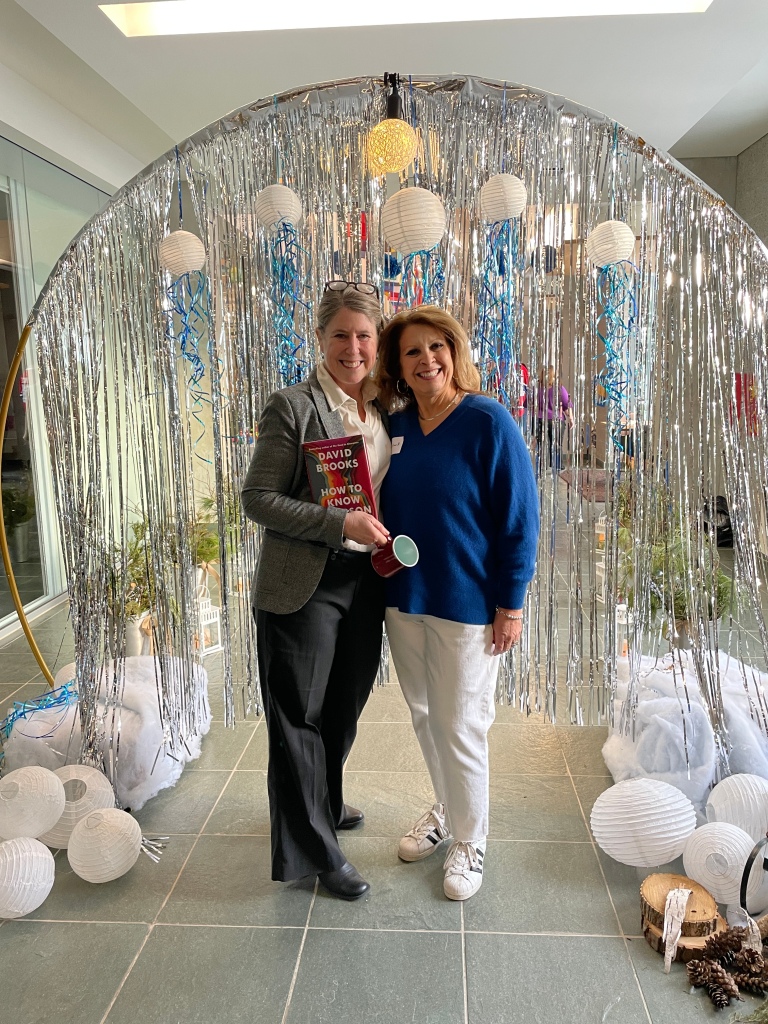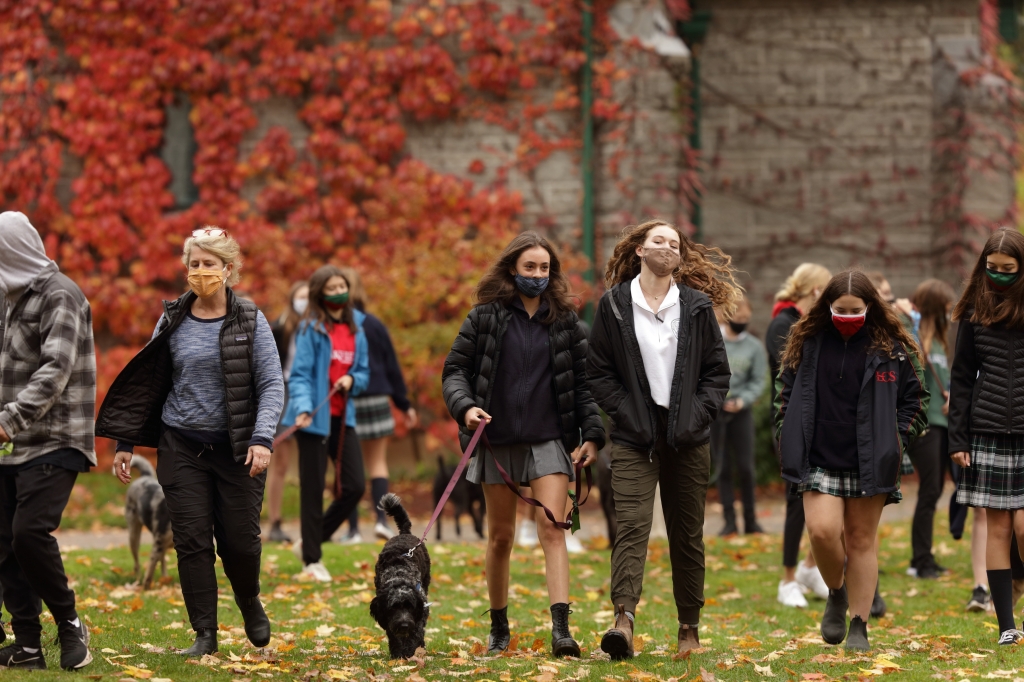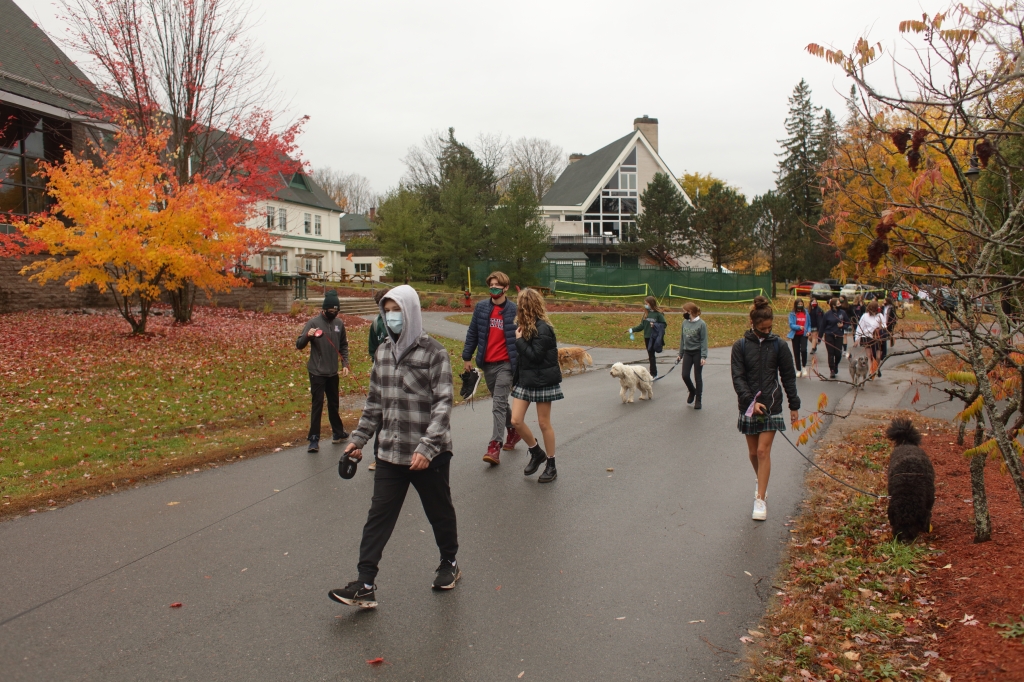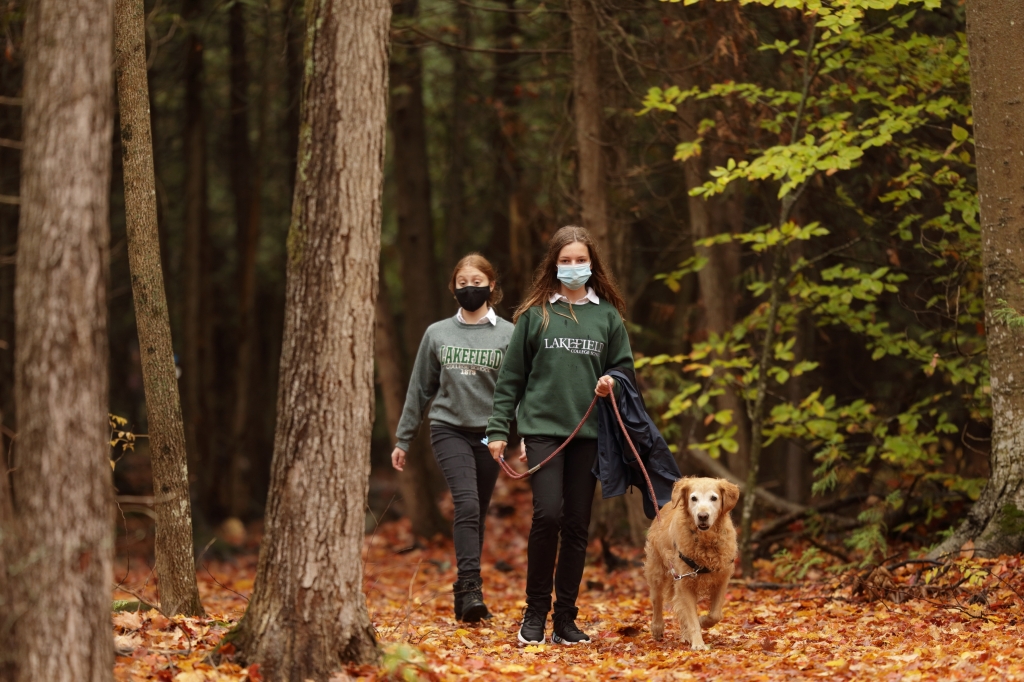I started reading David Brooks’ recent book, called How to Know a Person: The Art of Seeing Others Deeply and Being Deeply Seen –
“Being open-hearted is a prerequisite for being a full, kind, and wise human being. But it is not enough. People need social skills. We talk about the importance of “relationships,” “community,” “friendship,” “social connection,” but these words are too abstract. The real act of, say, building a friendship or creating a community involves performing a series of small, concrete social actions well: disagreeing without poisoning the relationship; revealing vulnerability at the appropriate pace; being a good listener; knowing how to end a conversation gracefully; knowing how to ask for and offer forgiveness; knowing how to let someone down without breaking their heart; knowing how to sit with someone who is suffering; knowing how to host a gathering where everyone feels embraced; knowing how to see things from another’s point of view.” (Brooks, pps. 7-8)
As I read through this list, I experienced so many “yes!” moments….
But then, I almost quit the book, or maybe, I need to write a letter to David Brooks… because he goes on to write: “These are some of the most important skills a human being can possess, and yet we don’t teach them in school.”
David Brooks needs to come to Lakefield.
Our 220+ staff – our 165 staff members plus our Aramark team members – have a gift for creating community, and this has been occurring at Lakefield, for years.
Every single day I see our staff doing the hard work of practicing those small, concrete social actions well, and with each other; AND I see you doing the hard work of practicing those same social actions with our students, our teenagers. I see that you live a values-driven life, and by your words and actions, you teach and inspire our students to lead a values-driven life.
We all know it is not easy to use and teach these skills day in and day out, and I am so grateful for every person in our school, for your understanding of what it takes to build trust and to care, deeply, for others.
Lakefield staff understand the time it takes to treat people with consideration even, sometimes, in those moments when they may not seemingly deserve it. Our staff seem to rise to those challenging moments, and offer even more to students in those times. Our staff understand what it takes to understand people and to support and challenge them as they learn to navigate learning, life, social media, who they are, and how to close the gap between who they are and who they want to be…the time it takes to learn to love themselves, and to love one another.
What happens here, at Lakefield, can be complicated and sometimes challenging, and yet so deeply meaningful because our staff do not shy away from the tough work of seeing others and making them feel seen.
I spend a lot of time thinking about our future, and we all know that Artificial Intelligence is going to do many things for us in the future, and possibly replace humans at many tasks. The one thing it will never be able to do is to create person-to-person connections. David Brooks also wrote that: “If you want to thrive in the age of AI, you better become exceptionally good at connecting with others.”
Today is a celebration of being exceptionally good at connecting with others, and I cannot thank you enough for doing this hard, meaningful work together.
And even more than that, at Lakefield, we somehow manage to do this meaningful work of connecting with fun, laughter, music, and joy.
Thank you.

With thanks to Kim Blackwell and our awesome parents for making Staff Appreciation Day fun for us!



